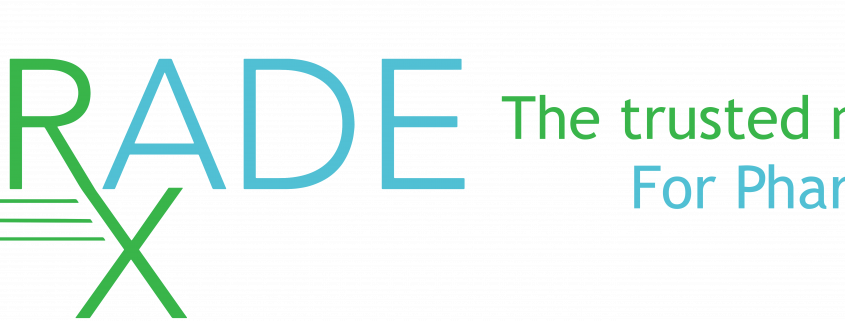Albertsons giving access to free education about genetic testing
Are you familiar with Pharmacogenetics aka genetic testing? By now, you should be… If you’re not, now is the time to start looking into it! A Trxade Member is generating an additional $1,000 per day doing genetic testing for their patients by doing a simple swab of their mouth and reviewing the results with their patients. It is customized, personalized healthcare and the future of effectively treating patients based on what is the most effective for them, not for the majority, for their specific DNA. It’s amazing! Jump on the ship before all of the big box chains start doing it, one has already started!
Albertsons has entered into a partnership with Genomind to give customers at nearly 30 in-store pharmacies access to free education about genetic testing intended to optimize medical treatment for mental health issues.
“Up to 50% of all mental health patients respond poorly to the first psychiatric medicine because everyone’s body is different, in part based on their individual genetic makeup.”
The test identifies patient-specific genetic markers that indicate which medications are likely to work as intended, have no effect or cause adverse effects.
At the select locations, specially trained pharmacists may decide to counsel a patient if they see a pattern of the patient having unsuccessful experiences with a medicine prescribed for any mental illness.
“We are excited to bring this opportunity to educate our patients about how genetic testing may be able to help them get better faster as they face mental health challenges,” says Albertsons Companies Senior Vice President of Pharmacy, Health & Wellness, Mark Panzer.
The pharmacist would be able to administer the test by collecting a small amount of saliva with a cheek swab in a private area of the pharmacy, and then review results of the genetic test with the patient after the test returns from Genomind’s CLIA-certified lab.
Genecept Assay platform covers more than 20 drug classes, 122 FDA-approved medications, 18 clinically validated genes and 97% of medications used to treat depression, anxiety, bipolar disorder, schizophrenia, attention-deficit disorder and autism, as well as comprehensive coverage of pain medications. It has shown in published studies to improve patient outcomes and reduce overall medical costs.
At Trxade’s 2018 annual conference we will have a CE on Pharmacogenetics taught by President-elect of the Florida Pharmacy Association David P. Mackarey, RPh., AAHIVP.
Topic: Pharmacogenetics, PGx: Taking It Personally
Learning Objectives:
- Understand PGx & It’s Relationship to Medication Therapy
- Create A Practical Application to Your Pharmacy
- Use A Collaborative Practice Agreement with Physicians to Implement A Successful Program
- Help Physicians Implement & Educate Patients on PGx
- Help Patients Understand Pharmacogenetics
- Educate Patients on The Importance of PGx
- Know the Step-By-Step Process of PGx Test
- Administer the PGx Test
- Explain the Meaning of The Results to The Patient
- Help Physicians Avoid Improper Drug/Dose Choices
- Use Lab Results to Achieve Best Possible Patient Outcomes
For additional information on the Trxade conference visit www.trxadeconference.com.
Sources: Supermarket News, PR News Wire




